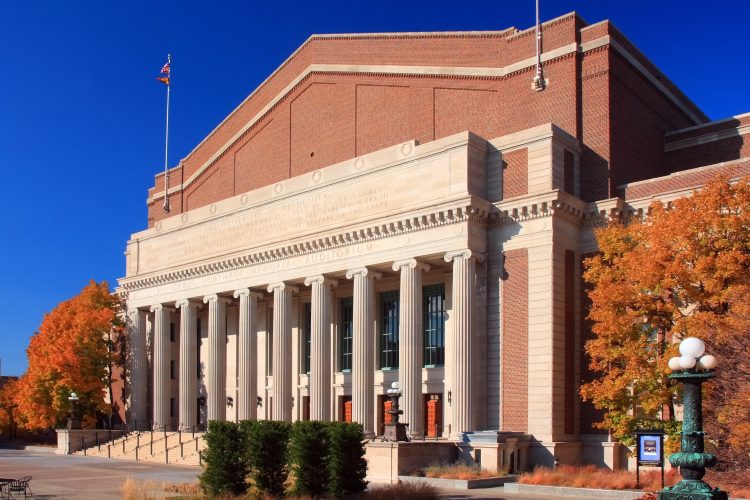University of Minnesota to build AI-CLIMATE Research Institute
- Like
- Digg
- Del
- Tumblr
- VKontakte
- Buffer
- Love This
- Odnoklassniki
- Meneame
- Blogger
- Amazon
- Yahoo Mail
- Gmail
- AOL
- Newsvine
- HackerNews
- Evernote
- MySpace
- Mail.ru
- Viadeo
- Line
- Comments
- Yummly
- SMS
- Viber
- Telegram
- Subscribe
- Skype
- Facebook Messenger
- Kakao
- LiveJournal
- Yammer
- Edgar
- Fintel
- Mix
- Instapaper
- Copy Link
Posted: 9 May 2023 | Grace Galler | No comments yet
The University of Minnesota will be using a $20 million grant to build a new AI Institute that will be used to research climate-smart agriculture and forestry.


A $20 million grant is being given to the University of Minnesota Twin Cities that will be used to lead a new National Artificial Intelligence Research Institute called AI-CLIMATE.
The grant has been awarded by the National Science Foundation (NSF) and the US Department of Agriculture’s (USDA) National Institute of Food and Agriculture (NIFA) and will be given to the University over the course of five years.
Plans for the Research Institute include using artificial intelligence (AI) to create climate-smart practices that will absorb and store carbon while simultaneously boosting the economy in the agriculture and forestry industries.
The new Institute is one of seven NSF- and NIFA- funded AI Institutes and part of a larger federal initiative to bolster collaborative artificial intelligence research across the country.
AI-CLIMATE will be a collaboration carried out by the University of Minnesota Twin Cities College of Science and Engineering; Minnesota Robotics Institute; Data Science Institute; College of Food, Agricultural, and Natural Resource Sciences; and the Office of the Vice President for Research.
The University has also said that it will bring together scientists and engineers from across the country, including experts on artificial intelligence and climate-smart agriculture and forestry from Cornell University, Colorado State University, Delaware State University, Purdue University, and North Carolina State University. What’s more, the researchers will collaborate with the American Indian Higher Education Consortium (AIHEC) and the tribal nations it represents.
“One of the driving factors of climate effects is carbon emissions,” commented Shashi Shekhar, Director of the Institute and a Professor in the University of Minnesota Department of Computer Science and Engineering.
“By 2050, the United States aims to have net zero carbon emissions, and one of the most promising ways to do this is using natural systems like forestry and agriculture as ‘carbon sinks.’”
The University of Minnesota has claimed that novel AI technologies “such as deep learning and knowledge-guided machine learning” can improve research accuracy while simultaneously lowering the cost of accounting for carbon and greenhouse gases in farms and forests, “ultimately making the process more accessible for more people”.
“In the tradition of USDA National Institute of Food and Agriculture investments, this new institute leverages the scientific power of US land-grant universities, informed by close partnership with farmers, producers, educators and innovators to address the grand challenge of rising greenhouse gas concentrations and associated climate change,” said Dionne Toombs, Acting Director of NIFA.
“This innovative centre will address the urgent need to counter climate-related threats, lower greenhouse gas emissions, grow the American workforce, and increase new rural opportunities.”
“Foundational research in AI and machine learning has never been more critical to the understanding, creation, and deployment of AI-powered systems that deliver transformative solutions across our society,” concluded Margaret Martonosi, NSF assistant director for computer and information science and engineering.
Related topics
Related organisations
National Institute of Food and Agriculture (NIFA), National Science Foundation (NSF), University of Minnesota Twin Cities, US Department of Agriculture (USDA)








